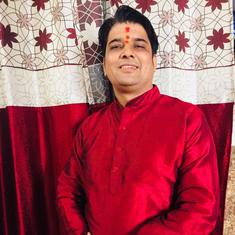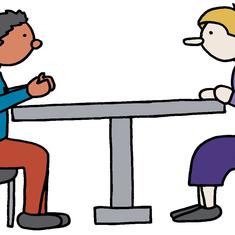Actually, no. Make that so many books, and yet so much time. Because nobody knows what these new books are that are published every month.
More important, no one knows which of them are actually worth reading. It’s becoming almost impossible to discover the best of the books that are released, since there’s no one who will actually tell us.
Bookshops are duds
Walk into a bookstore – if you can find one. Intended, and actual, bestsellers will greet you. They’ve been written by youthful looking men and the occasional women, mostly focussing on serving under-25 love-, sex- and six-figure-salary-seekers. Or, a writer seeking social adulation has paid to have the front shelves stacked with their new books. Sometimes it could even be the publisher forking out the rupees.
What you won’t get is a thoughtfully curated display of books worth reading. Because, among other things, the people at the bookshops don’t read. Most of them look distinctly alarmed if you actually ask about a specific book.
At the e-commerce sites, which now account for about half of the books sold in India, you’ll get plenty of algorithms slicing and dicing books by category, author, recency and sales, but an algorithm is still an algorithm and does not read books to tell the good ones apart from the bad.
Then there are the reviews. Or maybe there aren’t the reviews. A shrinking space in what is optimistically called the mainstream media, book reviews almost entirely concentrate on well-known writers or weighty matters. They do talk of stunning debuts sometimes, but there is always the sneaky suspicion that the reviewer knows the author.
Friends are lazy
How do we find out about exciting new books, then?
From our friends, of course. Except our friends are not necessarily readers themselves. We get our news, views, data, duckfaces and unbearably cute pictures from our social graphs on Facebook and Twitter, and bundled in along with them are book recommendations.
But that should be perfect, shouldn’t it? Surely books suggested by like-minded people have to be better suited to our individual tastes than the Facebook pages and Twitter feeds of the publishers, each of relentlessly promotes every book published as the greatest ever, effectively contradicting themselves with each post or tweet.
As for authors talking of their own books on social media, let’s just move on lightly, shall we?
Social recommendations are suspect
Now here’s the problem. What you discover on your newsfeed or timeline are not what your friends have found out on their own, but what they themselves have discovered from THEIR friends. The outcome? The same books will be recommended to you by your social graph, over and over again.
The recommendation system on social media rewards amplification. A book that is spoken of thrice is then most likely to be spoken of thirty times, and then 300 times. This creates two forms of distortion. First, it makes that book appear more significant than it is. And second, it further drowns other books which did not enter the stream in the first place.
Personally, I have discovered many superb articles to read, superb videos to watch, superb cartoons to chuckle over, on my newsfeed and timeline. Superb books? Not so much. The same books keep turning up over and over, with more and more people adding their shares and retweets.
As for pages and groups dedicated to books, those are even worse, being hijacked frequently by – there’s no good way to say this – writers who should never have been published in the first place by discerning publishers. There isn’t as much romantic love in the world as there is in social media posts talking about books in the campus and office romance genre. Even social book recommendations sites like Goodreads, now owned by Amazon, have the same problem.
Two ways to discover good books
What’s the way out, then? Here’s one solution I’ve tried with some success. Go to amazon.in, enter the name of a book you really loved reading, go to the relevant page, and scroll down to the section listing other books bought by readers who also bought this particular book. Sometimes, if not every time, you’ll come across books that will excite you.
Or, do it the old old-fashioned away. Go to that one big bookshop in your city and spend hours browsing. Don’t be in a hurry. Because, eventually, only you can recommend books to yourself.










